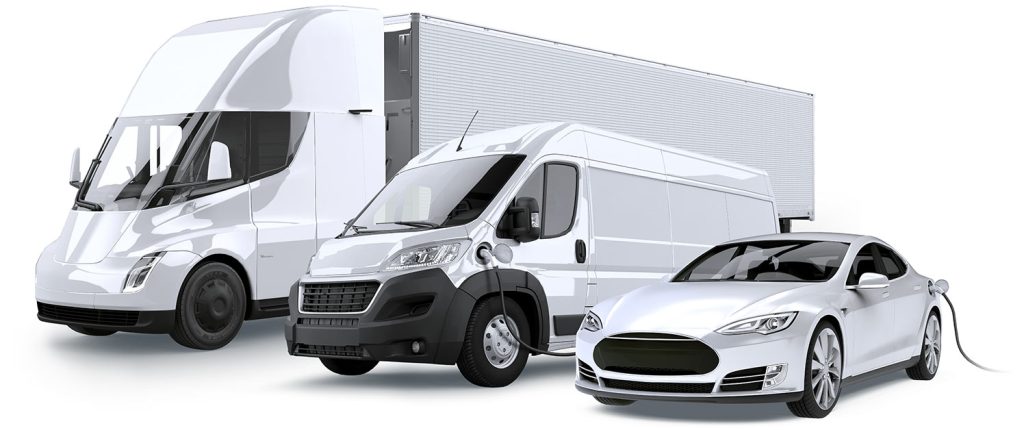
Geotab Presents an Analysis of the Autonomy Challenge in Electric Vehicles

Autonomy and charging infrastructure continue to represent a stumbling block for the massification of electromobility on a global scale. However, technology has made significant advances that can break down barriers and pave the way for the energy transition.
In this regard, one of the world’s leading IoT and connected transportation companies, Geotab, announced that its new electric vehicle (EV) range analysis, which examines the impact of speed and temperature, is now available in the Fleet Electrification Knowledge Center.
The interactive report, presented for the first time at Geotab Connect 2023, uses aggregated, anonymized data from 3 million EV trips as well as 550,000 hours of driving time to better understand the relative impact that temperature and speed have on vehicle range.
Related content: Study Forecasts Brazil to Exceed One Million Electric Vehicles by 2030
Study’s Issues
The report published by Geotab allows users to explore two significant factors that influence range: outside temperature and vehicle endurance at different speeds.
The analysis compares the range of two vehicle body types using an electric sedan model and a light-duty van, both adjusted to represent a 65 kWh battery.
From the analysis, Geotab observed that the speed at which vehicles travel influences the relative impact of temperature. At low speeds, temperature can significantly affect range, and at higher speeds, temperature becomes much less relevant.
Vehicle size and shape also interfere with the optimal conditions for maximizing EV range, with larger vehicles losing range more rapidly as speed increases.
These data reveal that the best strategy for optimizing EV range must take into account the context of the trip. For a highway route, avoiding speeding will be the best strategy to conserve range, especially for larger vehicles. For slower routes, range will vary more with seasonality, so mitigating the impact of temperature will yield better results.
With one of the largest data science teams in the industry and processing over 100,000 data points per second, Geotab has the experience and size to help fleets solve today’s challenges and plan for tomorrow’s world.





